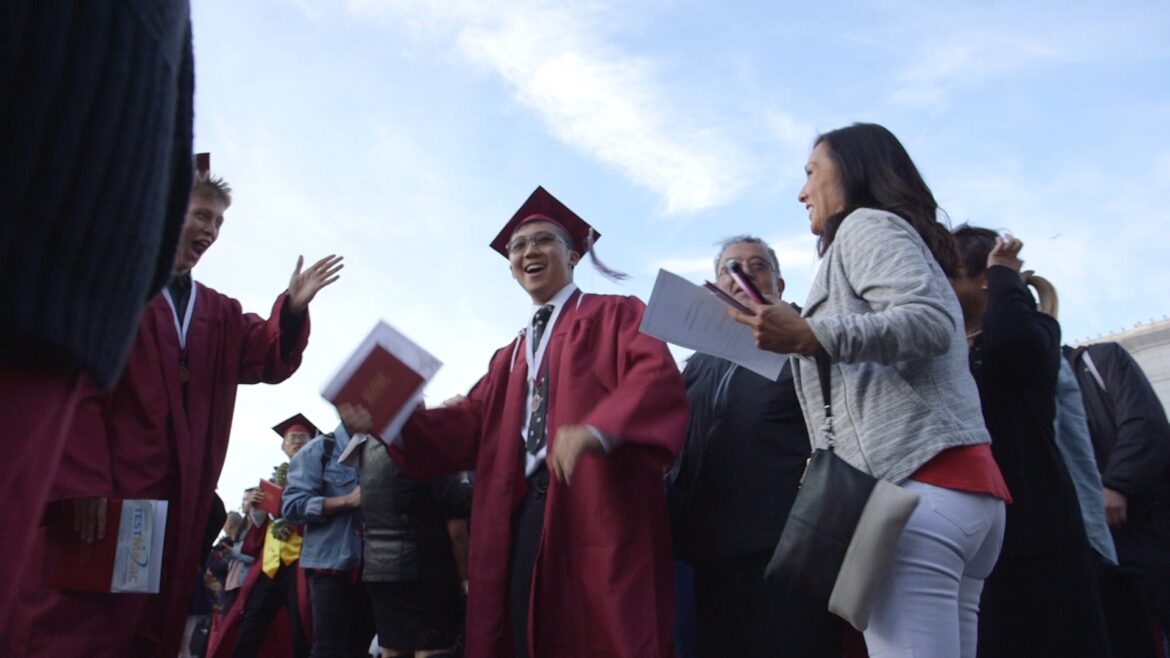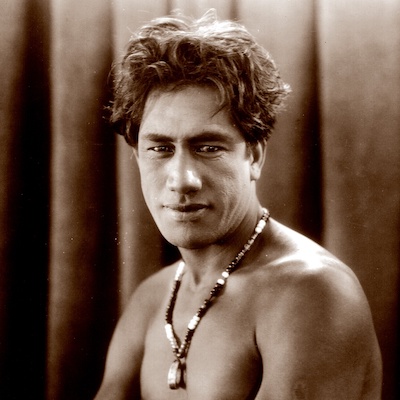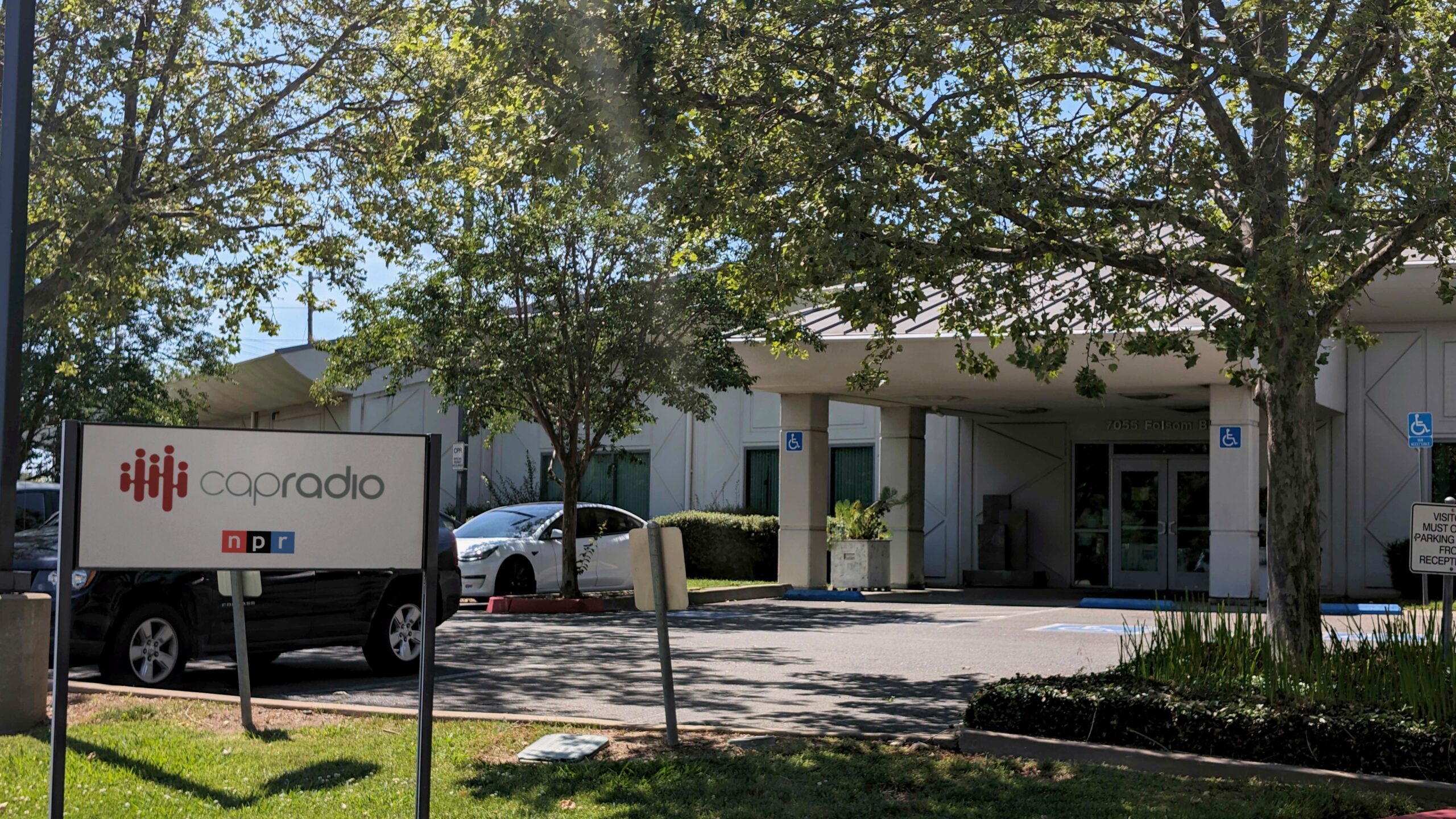PBS report shows increase in diversity among prime-time programs

Courtesy of Lou Nakasako
A scene from "Try Harder!", an "Independent Lens" film directed by Debbie Lum.
The percentage of PBS’ nationally programmed prime-time films that included diverse on-screen talent, were created by diverse talent or explored diversity-related topics grew to 54% in fiscal year 2022, a 3% increase over the previous year, according to a report released by the network Monday.
The second annual report summarizes the network’s DEI work relating to creators identified as Black, Indigenous and People of Color. It covers the fiscal year that began in July 2021 and ended in June 2022.
“Over the last few years, in response to the growing awareness that public media can and should do even more, we have deepened our commitment to diversity, equity, and inclusion,” said PBS President Paula Kerger and Cecilia Loving, SVP and head of DEI, in the report’s introduction. “As we chart our path forward, we are proud to report that we continue to highlight diverse content and makers across our schedule.”
The report also found that 58% of documentary programming on PBS featured BIPOC talent, was produced by BIPOC makers or explored diversity-related topics. The FY21 report, released last year, said that 56% of documentary programs featured diverse talent during the time period.
The network issued its inaugural DEI report last year following criticism from independent filmmakers who said that public television lacks sufficient representation of BIPOC people in content and leadership. The filmmakers also challenged PBS to release data on filmmakers who work with the organization.
This year, PBS shared that information. Among the 554 prime-time documentary programming hours distributed nationally by PBS during the period, 28% of the content was created by BIPOC makers in EP, producer, director or writer roles, representing 155 hours.

As examples of films that featured BIPOC people or were created in part by BIPOC filmmakers, the report highlighted several documentaries under The Latino Experience banner including The Blue Cape, Pasos de Valor and Our Lady Lupe. Other films cited in the report include the Independent Lens film Try Harder!; the Muhammad Ali docuseries directed and produced by Ken Burns, Sarah Burns and David McMahon; and American Masters films about Olympic swimmer Duke Kahanamoku, choreographer Alvin Ailey and actor Rita Moreno.
Among series produced by PBS Digital Studios, 86% featured diverse stories and talent or covered a diversity-related topic. PBSDS released 25 series in FY22, down from 30 in FY21. Streaming of PBSDS content fell about 19% in FY22 to an average of 50 million streams per month.
The report also includes data about the diversity of PBS’ workforce. Out of 551 employees in FY22, 56% were white, compared to 60% in FY21. Twenty percent of staffers were Black compared to 18% the previous year, 11% were Asian, and 10% were Hispanic or Latino, compared to 9% the previous year. Native Hawaiian and other Pacific Islanders accounted for fewer than 1% of staffers, and there were no recorded American Indian or Alaska Native staff.
Overall, 71% of PBS’ executive staffers are white and 29% are Black. PBS recorded no other races among executive staffers. The ranks of first- and mid-level managers, however, were more diverse, with Asian, Black and Hispanic employees each making up around 10% of staff in each category.






